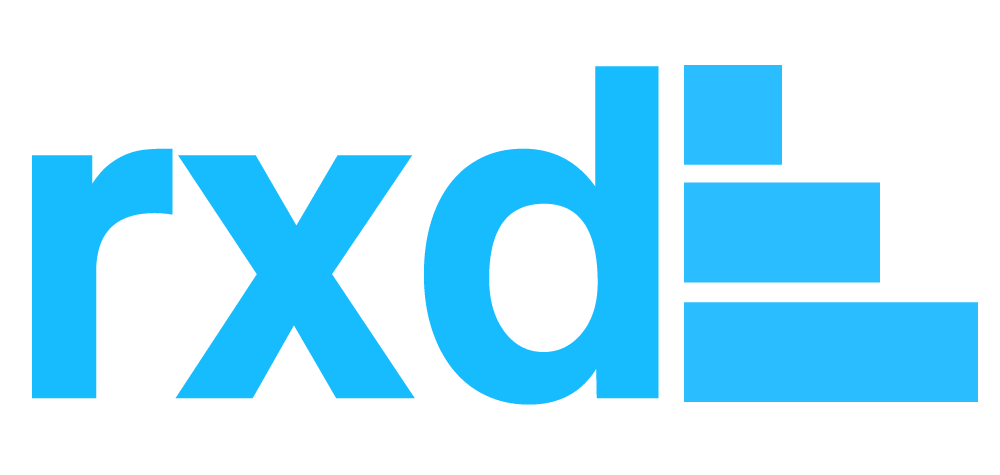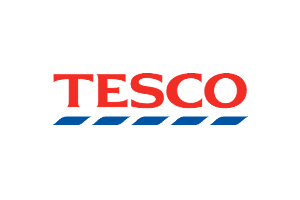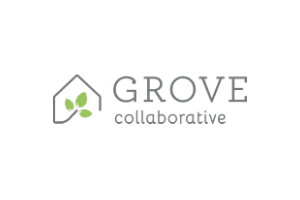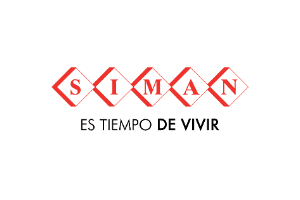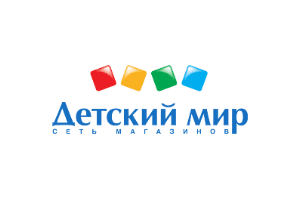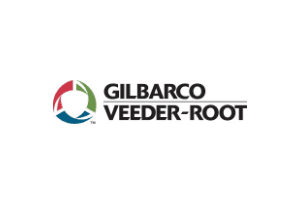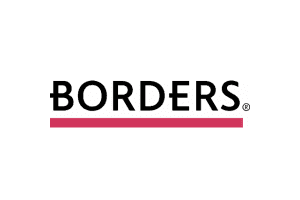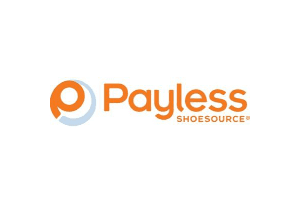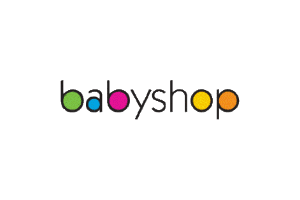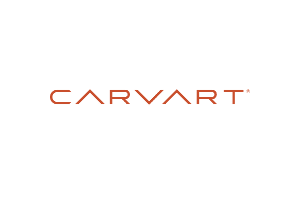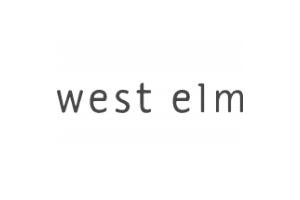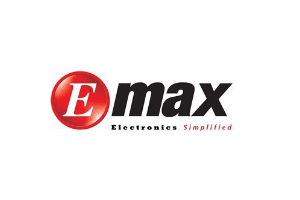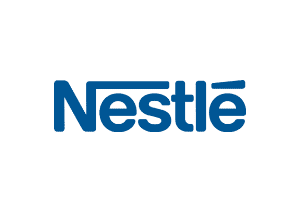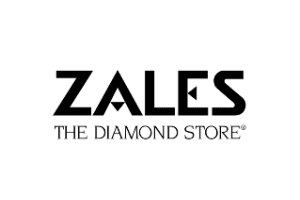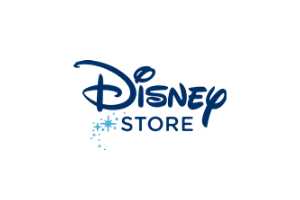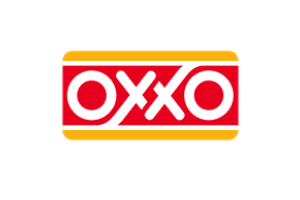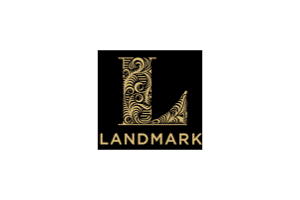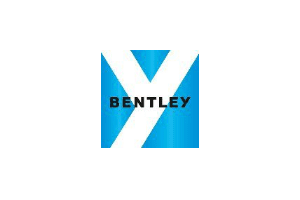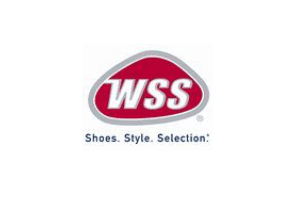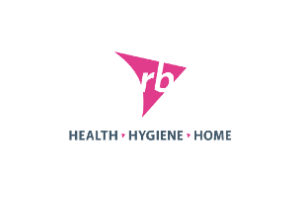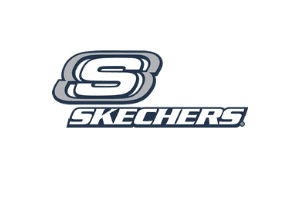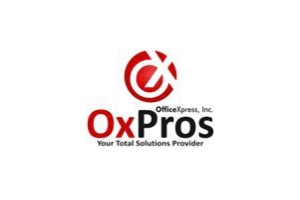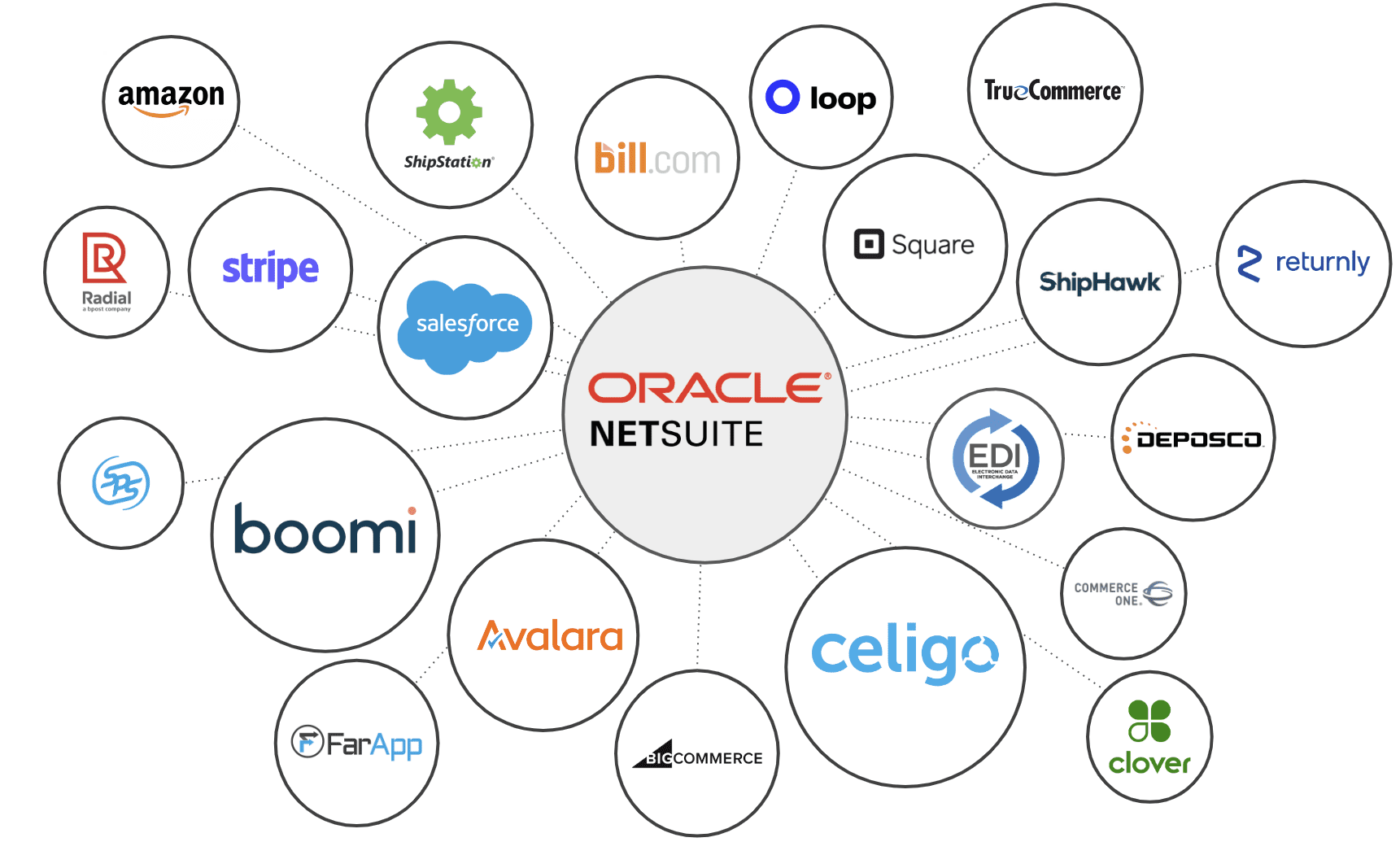
AN EXPERIENCED NETSUITE ALLIANCE PARTNER WITH OVER 200 CLIENTS SERVED
Headquartered in the heart of the Los Angeles Arts District, our NetSuite consultants combine deep NetSuite expertise with extensive ECommerce, supply chain and integration experience.
Whatever systems you use with NetSuite – we’ve done it before.
We’ll get you to wherever you’re going.
Let’s talk.
OUR NETSUITE CONSULTING SERVICE LINES (HERE'S WHAT WE DO ...)


NETSUITE
IMPLEMENTATION
Expert Project Management to bring NetSuite live in YOUR business, configured with best-practice settings, dashboards and reports


NETSUITE
SUPPORT
Technical support and business consulting to take your NetSuite system from good to great.


NETSUITE
PROJECT RESCUE
Project months behind schedule, consultants have vanished and your stress is through the roof? You need Project Rescue.


NETSUITE
TRAINING
NetSuite-licensed End User Trainining delivered by NetSuite Certified Trainers to give your users the skills and confidence they need to succeed.
WE HAVE A PROVEN TRACK RECORD
HERE'S WHAT OUR CUSTOMERS SAY ABOUT US


WE SPECIALIZE IN NETSUITE CONSULTING FOR CONSUMER BUSINESS:
RETAIL, WHOLESALE AND DISTRIBUTION
AND MANUFACTURING
We combine NetSuite expertise with deep industry specialization across three consumer business verticals. We’ve worked for some of the biggest and most exciting names in retail, wholesale and distribution and manufacturing. Our consultants have an average of 15 years of industry experience. We know the pain-points and the challenges mid-market businesses face. We’ve been there.
WE'RE NETSUITE IMPLEMENTATION AND TRAINING CERTIFIED


RETAIL
We know retail best practice from planning through to merchandising, warehousing through to distribution, store operations through to loss prevention. Hardlines to softlines, grocery to fashion and everything in between.


E-COMMERCE
We’ve worked in 4,000 sq foot warehouses with ShipStation-based processes for 800 orders a day. And we’ve worked in 500,000 sq foot facilities with 30 loading doors and state-of-the art conveyer and scan systems. 3PLs, returns, shipping and packing slips – we’ve seen it all.


MANUFACTURING
We’ve working in some of the most demanding and complex manufacturing facilities in the world – from food to high-tech to industrial machinery. We get the difference between line and custom manufacturing. And we know how to configure NetSuite for YOUR manufacturing process.
SELECTED CLIENTS WE'VE SERVED
We’ve been around the block. Our consultants bring a professional lifetime of industry and consulting experience to your NetSuite implementation. That’s what differentiates us.
NETSUITE CONSULTANTS
WHO'LL GET THE JOB DONE
Implementing a new business management system is a big decision. Get it right, and you’ll have a platform that will scale and grow as far and as fast as you need it to. Get it wrong, and you may end up in a worse place that you were before. We’re experienced NetSuite consultants. We’ve seen it. It’s not pretty.
Choose a partner who knows your industry, knows NetSuite and knows SuiteSuccess. Choose RXD.
WE ONLY IMPLEMENT NETSUITE, THE #1 CLOUD ERP
With more than 40,000 organizations, NetSuite is 10 times larger than the nearest competitor, meaning 10 times the resources. Comprehensive functionality with industry-specific support for a broad range of industries means NetSuite works the way your business works.
Built from the ground up for the cloud, NetSuite lowers costs and reduces hassle for IT. One data model spanning back office financials to customer records to professional services provides complete visibility and simplified integration.
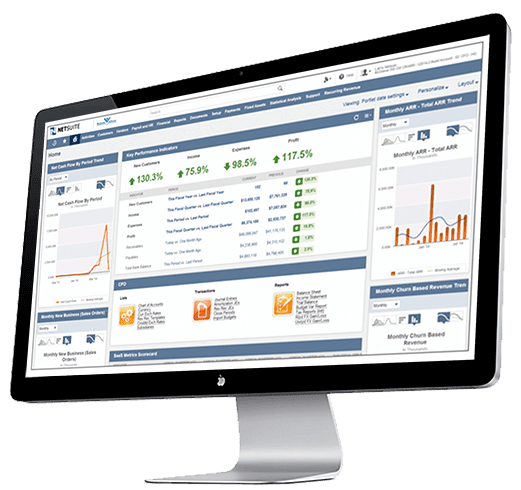

Why Choose RXD to Implement NetSuite?
WE KNOW YOUR INDUSTRY
We understand the industry that you operate in – terms and language used, best-practice processes, competitive pressures and who’s who. Our consultants are seasoned industry experts who’ve done this before.
We can answer that critical question: “How do other companies do this?”
WE KNOW NETSUITE
We are a certified NetSuite Alliance Partner, and all our consultants are trained and NetSuite certified.
We know how NetSuite works and how it should be implemented.
WE'RE PROFESSIONALS
We are professional business and technical consultants, not just NetSuite installers. We know how plan and run a project, how to follow a methodology and how to deliver on-time and in-budget.
We’ve done it before, many times. We know where the danger areas are and how to navigate through them safely.
